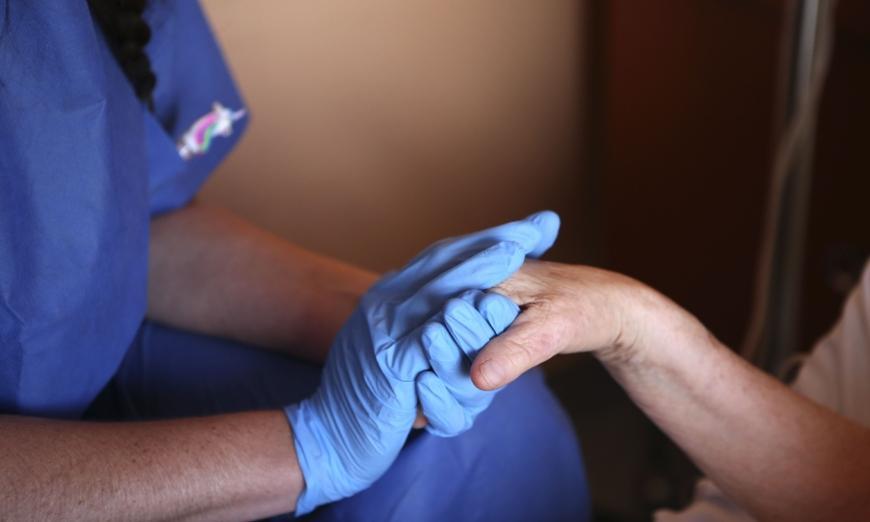As the number of deaths through medical assistance in dying (MAiD) continues to rise in Quebec, the head of the independent body that monitors the procedure in the province has expressed concerns that Quebecers may no longer see assisted suicide as “exceptional.”
“We’re now no longer dealing with an exceptional treatment, but a treatment that is very frequent,” Dr. Michel Bureau, head of Quebec’s commission on end-of-life care, told The Canadian Press in a recent interview.





